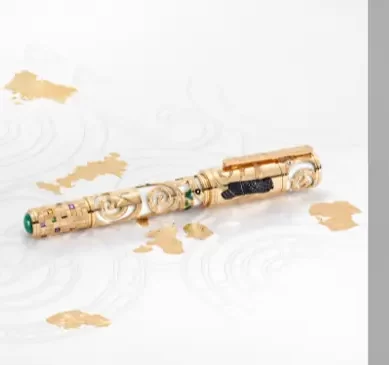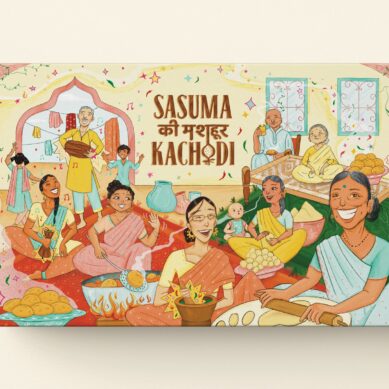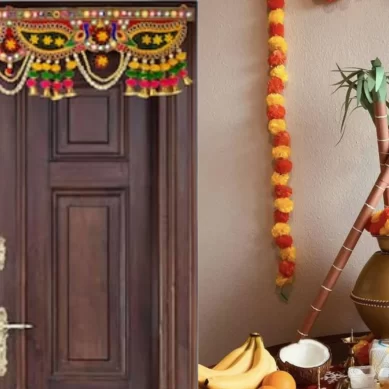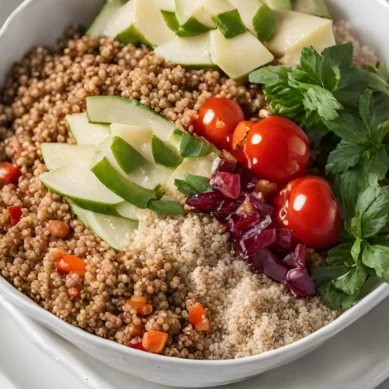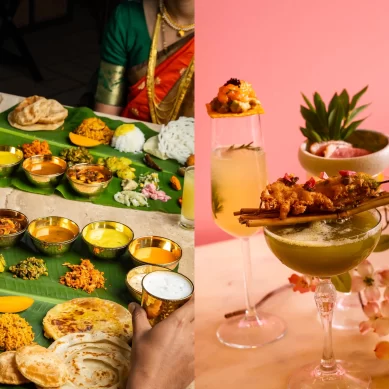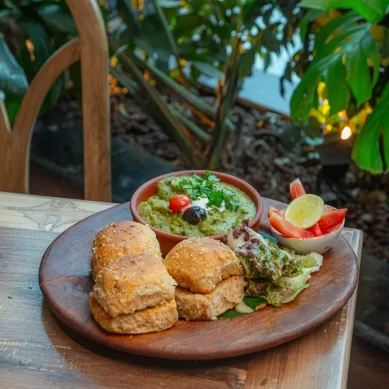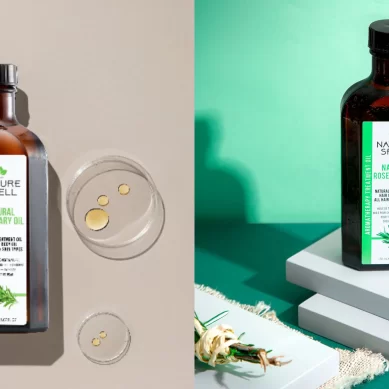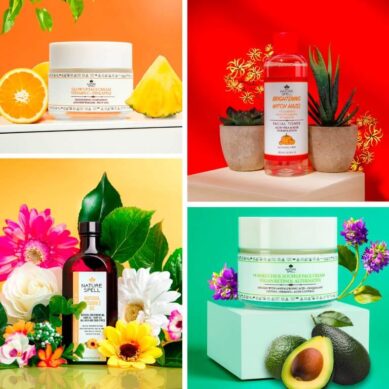
Home preserving has become increasingly popular among families looking for healthy snacks and meals that are free of preservatives. Not only does it help you save money and time, but it also gives you greater control over the ingredients you use.
There are many reasons why home preservation is a great option for any family. In this article, we will look at all of the benefits that come with preserving food in your own kitchen. We will also share with you a few tips on how you can get started with preserving food at home.
Keep reading to learn more!
What Is Home Preserving?
Home preserving is the process of storing food for long periods of time without losing its nutritional value. This is done by freezing, canning, drying, and vacuum sealing fresh produce, meat, and more. It is an incredibly convenient way for families to have healthy meals without having to worry about running out of food. You can prepare meals in advance and store them safely away from bacteria or pests to reheat later.
Benefits of Home Preserving For Families
Home preserving has several benefits, especially for families. Below is a list of the common advantages that you may enjoy:
1. Convenience
Home preserving is incredibly convenient. With just a few minutes of preparation, you can have an entire month’s worth of meals ready to go. This allows you to save time and energy that would otherwise be spent shopping for food every week or two.
2. Control
One of the biggest benefits of home preserving is that you have complete control over what goes into your food. You can pick and choose the ingredients you use, as well as how they are prepared. This gives you greater confidence in the quality of your meals. Plus, it ensures your meals will be nutrient-rich and free of harmful additives.
3. Nutrition
The nutritional value of food decreases over time, but home preserving conserves them for longer periods. Freezing greens is a convenient and easy way to preserve their freshness and nutrition. This ensures that your food remains as nutrient-rich as possible. On top of that, it allows you to store seasonal produce for enjoying year-round.
4. Environmental Sustainability
Food waste is a huge source of pollution, but home preserving helps reduce that. By preserving food, you can extend its shelf life and avoid having to toss out spoiled or rotten produce. This allows you to save money on groceries while also doing your part for the environment.

Tips on How to Get Started
Home preserving can seem intimidating at first, but it doesn’t have to be. Here are a few tips to help you start:
Tip 1: Start small
Don’t overwhelm yourself by trying to preserve too much at once. Start with one or two types of food and work your way up from there.
Tip 2: Research
Before you start preserving, it’s important to do your research on the best practices and techniques. You should also be aware of any potential risks associated with specific preservation methods so you can avoid them.
For instance, one of the risks of home preserving is foodborne illnesses. This is why you must take safety precautions when preserving food. This includes ensuring that there is no cross-contamination between raw and cooked foods. You should also make it a habit to wash your hands before and after handling food.
Tip 3. Practice
With every new method you try, practice makes perfect. Try out different recipes and techniques until you find the ones that work best for you.
Tip 4: Experiment
Home preserving is a great opportunity to experiment with different flavors and ingredients. Don’t be afraid to try new things and explore the endless possibilities that come with preserving food at home.
Tip 5: Enjoy
Above all else, remember to have fun and enjoy the process. Home preservation can be a great way to connect with family members and show creativity in the kitchen. Invite your family and friends to join you in the preparation process. Turn it into a bonding and learning opportunity for everyone.
How to Choose a Home Preserving Method?
There are several types of home preserving methods. This includes freezing, canning, drying, and pickling. All of these methods have their own advantages and disadvantages, so you’ll need to do your research to determine which one is right for you.
Here are a few tips on how to choose the best home preserving method:
1. Consider Your Needs
When choosing a preservation method, think about what type of food you’re preserving and how long you want it to last. For example, when preserving meat, the best method is freezing. This helps keep the food fresh for longer and prevents it from going bad quickly.
2. Consider Your Budget
Some methods may be more expensive than others. Consider your budget before making any final decisions. Also, keep in mind that some methods may require the purchase of special equipment or supplies.
3. Consider Your Time
Different methods of home preservation have different time requirements. Think about how much time you’re willing to spend on each method before making your decision. For instance, freezing is one of the quickest ways to preserve food, while pickling takes more time and effort.
4. Check Your Available Space
Finally, think about the amount of space you have available for home preserving. Canning requires jars and lids, which take up a lot of space. Drying and freezing can also require extra storage containers or shelves. Make sure you have enough room before starting.
Final Thoughts
Home preserving can be a great way to save money, time, and the environment. It also allows you to enjoy delicious meals without worrying about preservatives in your food. If you follow the tips above, you can ensure successful food preservation at home.
Good luck!
Author: Katie Pierce
Disclaimer: The article presents the author’s perspective and thestyle.world has no involvement in it.



